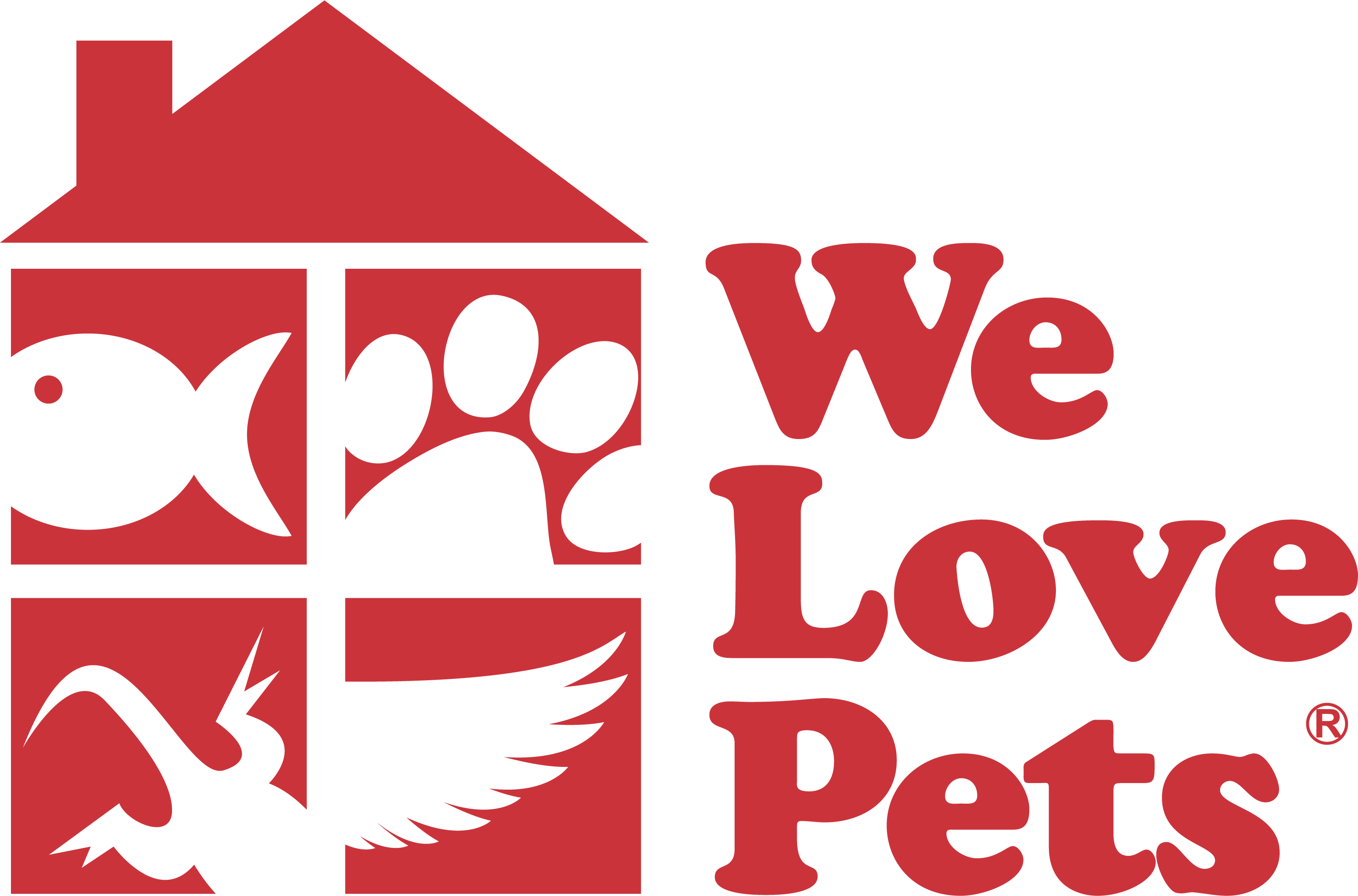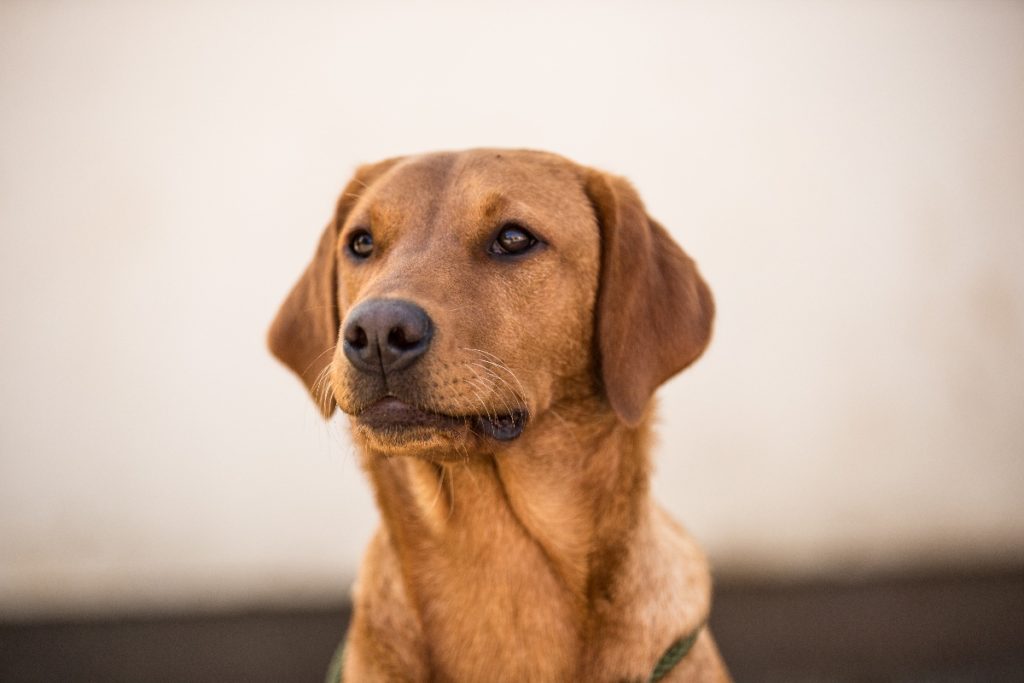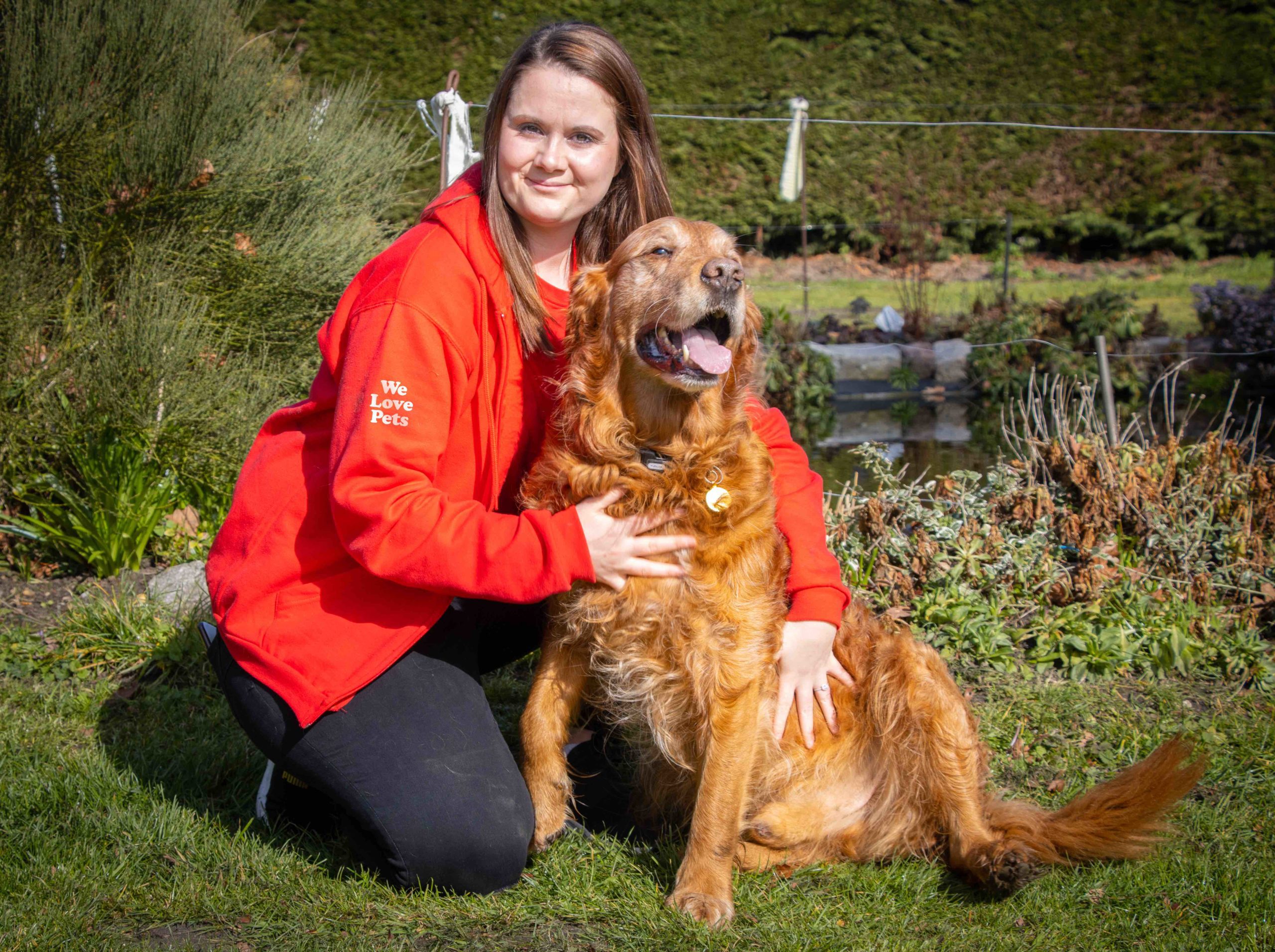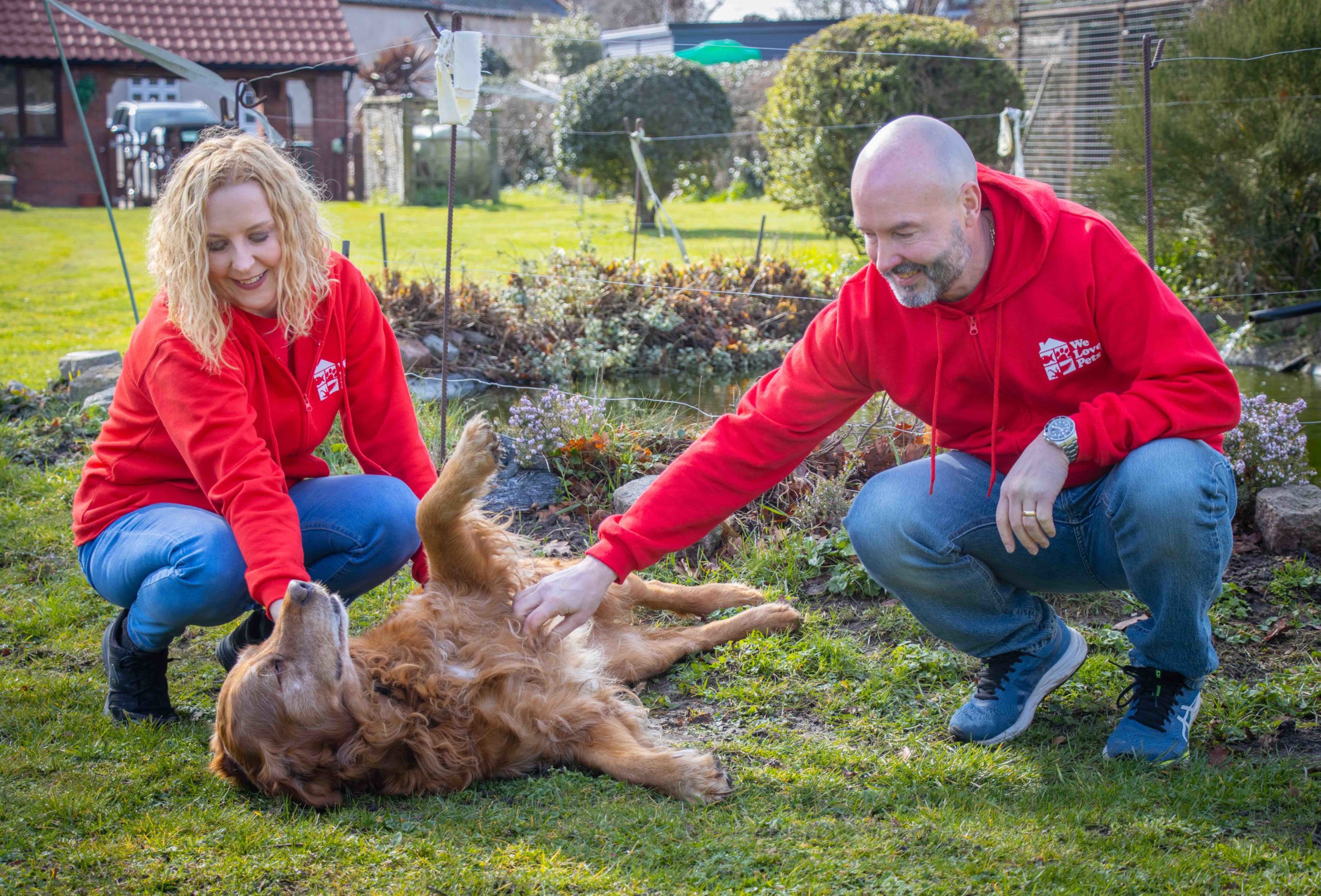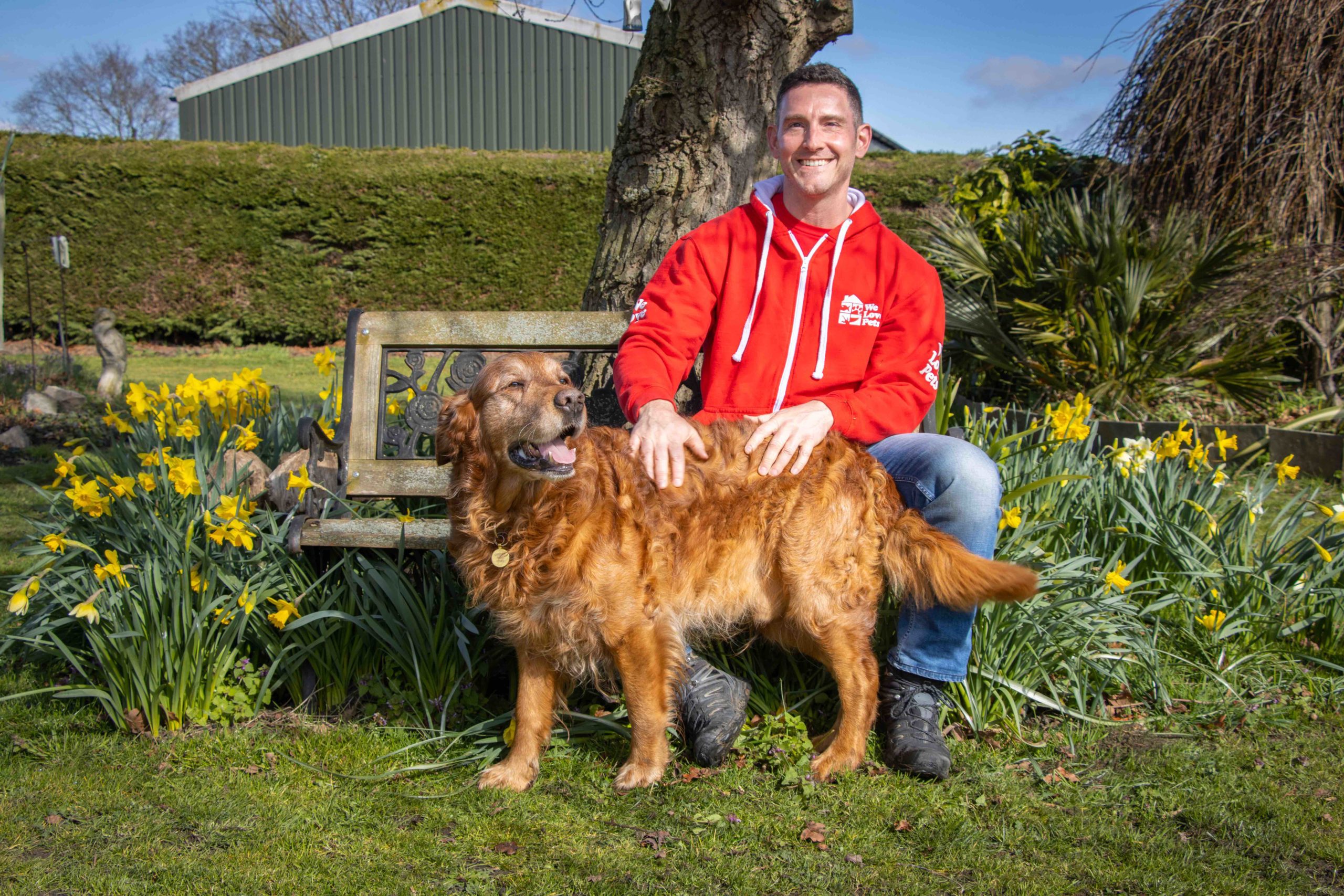Veterinary surgeries report that the number of pets coming into them with food-related issues over the Christmas period almost doubles. Our vet nurse, Sophie shares her tips on foods your pets should avoid, and what to do if they get hold of any…
I remember vividly during my nursing career a German Pointer coming into the practice that had managed to eat a newly iced Christmas cake. Thankfully the owners were on the ball. We induced vomiting in the dog and it literally brought up the icing covering of the cake intact and I could read Happy Christmas in big red bold writing- poor dog!
With foods like Christmas cake, Christmas pudding and mince pies it is the sultanas and raisins that are the main hazard. These have a toxic effect on the renal system of the dog and can sadly send them into kidney failure. Different dogs have different thresholds but it is important to seek veterinary advice as soon as you suspect that the dog may have consumed any. Also falling into this bracket would be grapes from the cheese board ( as few as 7 grapes can be dangerous). Damage can occur within 72 hrs. of consumption.
Bowls of nuts and raisins sitting around on side tables at dog head height is not a good idea. Macadamia nuts which are often more prevalent at Christmas when we like to treat ourselves are particularly toxic. They cause vomiting and diarrhoea, depression, rapid heart rate and loss of coordination by affecting the central nervous system.
If these macadamia nuts are covered in lovely chocolate then that is double the trouble! Particularly dark chocolate can affect the dog’s heart, causing tremors plus vomiting and diarrhoea. Keep the tins of Quality Street out of temptation! By far the most common thing seen in veterinary practice food related is dogs eating boxes of chocolate that have been wrapped up and left under the Christmas tree.
One of the more less known toxic foods to dogs is Xylitol, which is an artificial sweetener used a lot in baking. If a dog consumes any of this it can cause a drop in blood glucose levels in as little as 15 minutes.
With regards, the actual Christmas dinner we need to remember any cooked bones are more at risk of splintering. So giving the dog a bit of turkey leg if it splinters and is ingested could risk piercing the dogs’ intestines. It goes without saying don’t put the turkey carcass in the kitchen bin.
Alongside our Christmas dinner, we usually have stuffing and vegetables. Anything in the onion family can cause anaemia so this includes garlic, leeks, onion gravy and the stuffing itself.
Of course, generally more alcohol is consumed over the festive period and like some of us, our pets do not tolerate it well. So temptations like a creamy Egg Nog might prove too much for a dog.
If we have house guests on medication make sure they don’t leave any of their medications lying about on surfaces in their bedroom.
If you are at all suspicious that your dog may have consumed any of the foods mentioned don’t hesitate to phone your vet. All veterinary practices offer a 24hr service and most likely they will advise that the dog be brought into the surgery to induce vomiting to reduce the risk of absorption. This is done by giving the dog a small injection under the skin and works within minutes. Your vet may want to keep the dog in for observation and depending on what it has consumed seek advice from the veterinary poisons bureau and possibly put your dog on intravenous fluids and medication. Often activated charcoal is also given to help reduce absorption of the toxin.
We, of course, all want our pets to be part of the family at Christmas but we just need to be a bit more vigilant especially when the house fills with guests who may not be ‘dog’ people and are not so aware of foods that can be harmful to our beloved pets.
Here’s to a very happy, vet-visit-free Christmas from everyone at We Love Pets!
